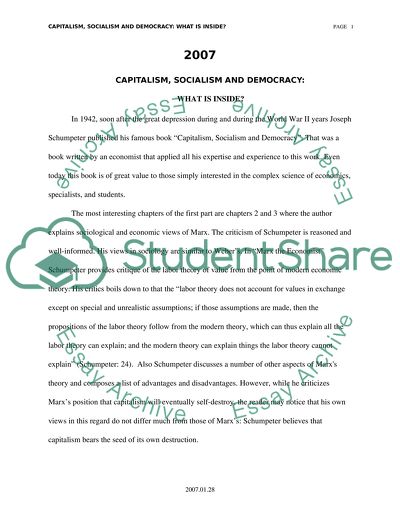Cite this document
(Capitalism, Socialism and Democracy by Schumpeter Book Report/Review, n.d.)
Capitalism, Socialism and Democracy by Schumpeter Book Report/Review. https://studentshare.org/politics/1520475-review-to-the-book-capitalism-socialism-and-democracy
Capitalism, Socialism and Democracy by Schumpeter Book Report/Review. https://studentshare.org/politics/1520475-review-to-the-book-capitalism-socialism-and-democracy
(Capitalism, Socialism and Democracy by Schumpeter Book Report/Review)
Capitalism, Socialism and Democracy by Schumpeter Book Report/Review. https://studentshare.org/politics/1520475-review-to-the-book-capitalism-socialism-and-democracy.
Capitalism, Socialism and Democracy by Schumpeter Book Report/Review. https://studentshare.org/politics/1520475-review-to-the-book-capitalism-socialism-and-democracy.
“Capitalism, Socialism and Democracy by Schumpeter Book Report/Review”. https://studentshare.org/politics/1520475-review-to-the-book-capitalism-socialism-and-democracy.


